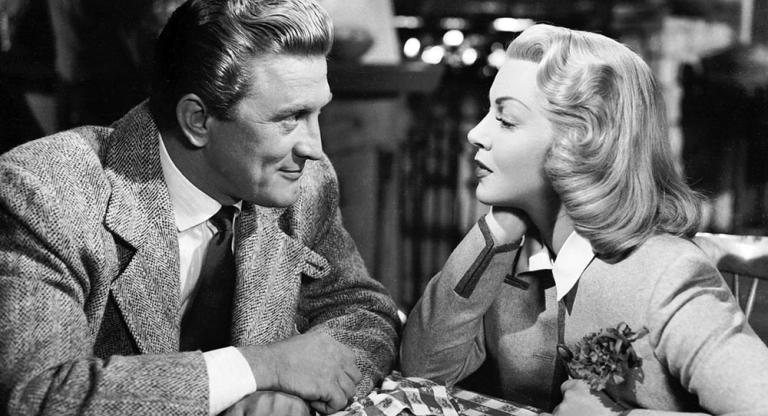
In an era typically celebrated for its depictions of gangsters, chorines, and naughty shopgirls, the pre-Code melodrama is often (understandably) lost in the jazzy shuffle. But the liberty afforded filmmakers during this brief and wonderful time lends itself so perfectly to outsized stories of human tragedy that one would be remiss in writing off films like Only Yesterday as another cranked-out studio weepy. After this film, director John M. Stahl would add another two famous melodramas to his eventually extensive filmography: the first iterations of Imitation of Life and Magnificent Obsession, later recast in gold by Douglas Sirk. It is not a leap to consider him a Zeus in the pantheon of directors—like Sirk, Vincente Minnelli, and even William Wyler—who would later come to define the genre.
Based on Stefan Zweig’s 1922 novel Letter from an Unknown Woman, Stahl’s adaptation transports the star-crossed lovers at its center from turn-of-the-century Vienna to magnolia-scented Virginia on the eve of the Great War. Debutante Mary Lane (Margaret Sullavan) and young Lieutenant John Emerson (John Boles) meet at a tea dance, where she coquettishly cops to eyeing him for the better part of two years. Helpless against the fecund romance of a moonlit night—and impending war—they share a single perfect evening in each other’s arms. Drifting home from their tryst, the pair affirm their love with a heartbreaking and optimistic vow—but before John can call on his sweetheart again, he is sent to France. Not long after, Mary is sent to live in New York with her maiden aunt Julia (Billie Burke), a swinging Suffragette who couldn’t care less that her niece’s baby will be born out of wedlock. “Today this sort of thing isn’t a tragedy,” she titters, right after an impassioned speech about women’s equality. “It isn’t even bad melodrama—it’s just something that happens.”
Julia’s cheerful dismissal—couched in bromides about the end of “double standards” and other modern B.S.—is only a paper moon. John and Mary, on whose brief and passionate love affair this story is built, may well be little more than crepe paper dolls, but the love between them is stronger than any diamond. Why, in spite of their vacuousness, does their story hold such sway over a captive audience? This is a melodrama’s not-so-secret ingredient: the ancient stuff of tragedy, introduced in the raw by Sophocles, is spit-shined and gussied up in modern film-craft, but the familiar feeling it elicits is as old as man himself. A dramatic and effective preface—set on Black Tuesday, no less—established John as a suddenly ruined man, the gilt foundation of his life rapidly collapsing beneath him. But John’s story is only that—a preface—to the real tragedy to come: the broken life of the faithful young woman he left in his wake.
Only Yesterday screens Saturday, November 4th and Sunday November 5th at the Stanford Theatre in their series, Universal Pictures: Horror and More.



